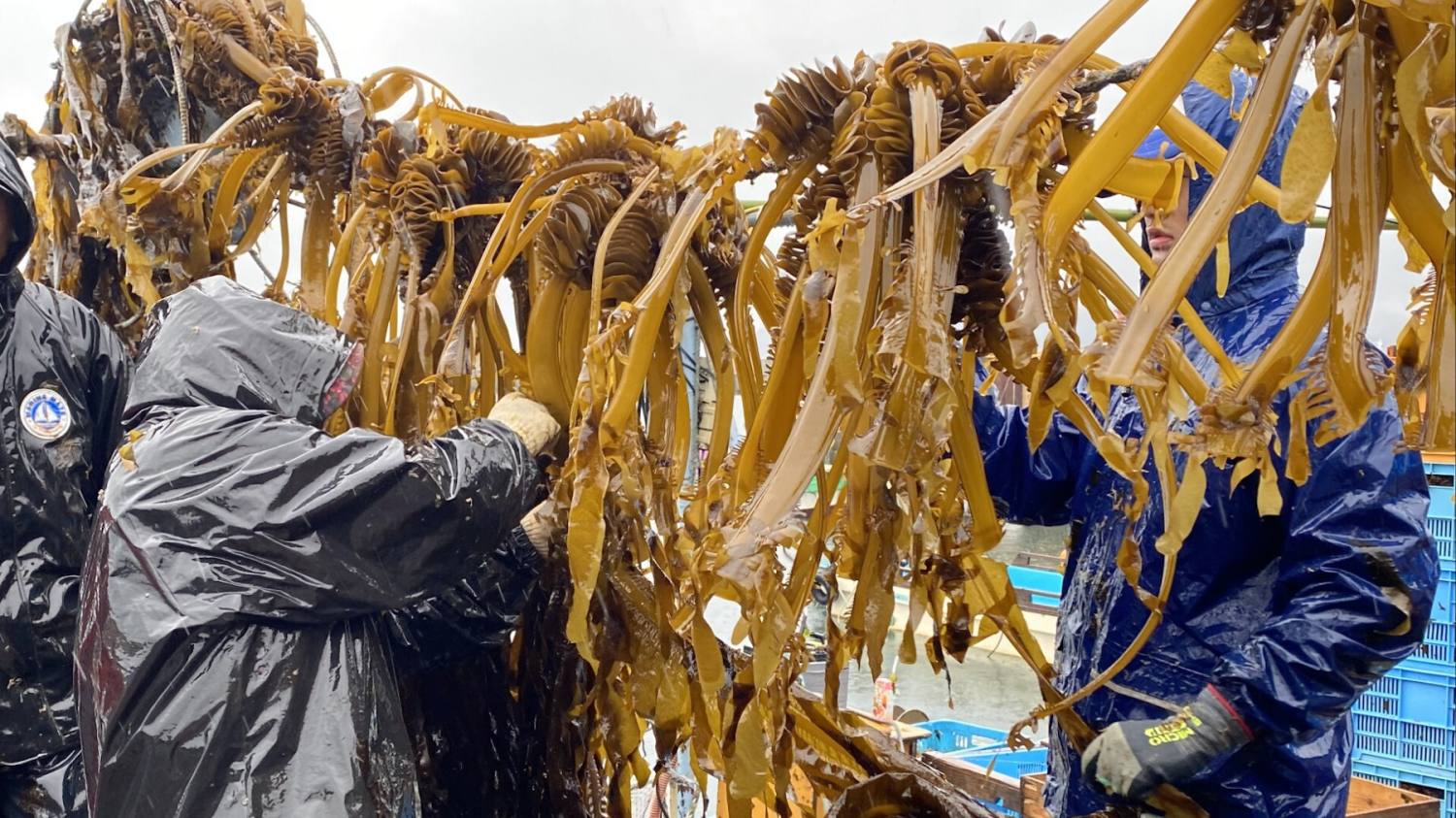"Informed AI News" is an AI-curated publications aggregation platform, ensuring you access only the most valuable information, with the aim of eliminating the information gap and transcending the confines of information cocoons. Find out more >>
Japan's Seaweed Crisis: Rising Prices and Impact on Cuisine
- summary
- score

Japanese seaweed harvests, essential for staples like sushi nori and miso soup, are experiencing historic lows. Rising sea temperatures and extreme weather have severely impacted yields, causing prices to surge by up to 54%. This scarcity affects both households and restaurants, straining the availability of crucial ingredients in Japanese cuisine.
Wakame, a seaweed commonly used in miso soup, has seen a 30% drop in production in the Sanriku region, leading to soaring prices. Similarly, kombu, which is vital for making dashi broth, is at record-high prices due to diminished output. Nori, crucial for sushi and rice balls, is also facing a poor harvest, with domestic supply falling billions of sheets short of demand.
The crisis is largely attributed to environmental factors such as elevated sea temperatures and red tides, which hinder seaweed growth. Efforts to counteract these effects include developing heat-resistant seaweed varieties and investigating land-based farming methods.
| Scores | Value | Explanation |
|---|---|---|
| Objectivity | 5 | Content provides a balanced view on the impact of environmental factors on seaweed harvests. |
| Social Impact | 4 | Content discusses a significant issue affecting Japanese cuisine, influencing public awareness. |
| Credibility | 5 | Information is supported by data on declining seaweed yields and price increases. |
| Potential | 4 | The issue could lead to changes in farming practices and consumer habits. |
| Practicality | 3 | While informative, the content does not directly offer solutions to the problem. |
| Entertainment Value | 3 | Content is informative but lacks typical entertainment elements. |